Joan Acocella from the New Yorker explores how Little Women got big… Support our news coverage by subscribing to our Kindle Nation Daily Digest. Joining is free right now!

It is doubtful whether any novel has been more important to America’s female writers than Louisa May Alcott’s “Little Women,” the story of the four March sisters living in genteel poverty in Massachusetts in the eighteen-sixties. The eldest is Meg, beautiful, maternal, and mild. She is sixteen when the book opens. Then comes Meg’s opposite, fifteen-year-old Jo: bookish and boyish, loud and wild. Jo writes plays that the girls perform, with false mustaches and paper swords, in the parlor. Next comes Beth, thirteen: recessive, unswervingly kind, and doomed to die young. She collects cast-off dolls—dolls with no arms, dolls with their stuffing coming out—and nurses them in her doll hospital. Finally, there is Amy, who is vain and selfish but, at twelve, also the baby of the family, and cute, so everybody loves her anyway. The girls’ father is away from home, serving as a chaplain in the Civil War. Their mother, whom they call Marmee, is with them, and the girls are always nuzzling up to her chair in order to draw on her bottomless fund of loving counsel. Next door live a rich old man and his orphaned grandson, Laurie, who, when he is home from his Swiss boarding school, lurks behind the curtains to get a look at what the March sisters are up to. Jo catches him spying on them, and befriends him. He soon falls in love with her.
These characters are not glamorous, and the events are mostly not of great moment. We witness one death, and it is a solemn matter, but otherwise the book is pretty much a business of how the cat had kittens and somebody went skating and fell through the ice. Yet “Little Women,” published in 1868-69, was a smash hit. Its first part, in an initial printing of two thousand copies, sold out in two weeks. Then, while the publisher rushed to produce more copies of that, he gave Alcott the go-ahead to write a second, concluding part. It, too, was promptly grabbed up. Since then, “Little Women” has never been out of print. Unsurprisingly, it has been most popular with women. “I read ‘Little Women’ a thousand times,” Cynthia Ozick has written. Many others have recorded how much the book meant to them: Nora and Delia Ephron, Barbara Kingsolver, Jane Smiley, Anne Tyler, Mary Gordon, Jhumpa Lahiri, Stephenie Meyer. As this list shows, the influence travels from the highbrow to the middlebrow to the lowbrow. And it extends far beyond our shores. Doris Lessing, Margaret Atwood, and A. S. Byatt have all paid tribute.
The book’s fans didn’t merely like it; it gave them a life, they said. Simone de Beauvoir, as a child, used to make up “Little Women” games that she played with her sister. Beauvoir always took the role of Jo. “I was able to tell myself that I too was like her,” she recalled. “I too would be superior and find my place.” Susan Sontag, in an interview, said she would never have become a writer without the example of Jo March. Ursula Le Guin said that Alcott’s Jo, “as close as a sister and as common as grass,” made writing seem like something even a girl could do. Writers also used “Little Women” to turn their characters into writers. In Elena Ferrante’s “My Brilliant Friend,” the two child heroines have a shared copy of “Little Women” that finally crumbles from overuse. One becomes a famous writer, inspired, in part, by the other’s childhood writing.
Long before she wrote “Little Women,” Alcott (1832-88) swore never to marry, a decision that was no doubt rooted in her observations of her parents’ union. Her father, Bronson Alcott (1795-1888), was an intellectual, or, in any case, a man who had thoughts, a member of New England’s Transcendental Club and a friend of its other members—Emerson, Thoreau. Bronson saw himself as a philosopher, but he is remembered primarily as a pioneer of “progressive education.” He believed in self-expression and fresh air rather than times tables. But the schools and communities that he established quickly failed. His most famous project was Fruitlands, a utopian community that he founded with a friend in the town of Harvard, Massachusetts, in 1843. This was to be a new Eden, one that eschewed the sins that got humankind kicked out of the old one. The communards would till the soil without exploiting animal labor. Needless to say, they ate no animals, but they were vegetarians of a special kind: they ate only vegetables that grew upward, never those, like potatoes, which grew downward. They had no contact with alcohol, or even with milk. (It belonged to the cows.) They took only cold baths, never warm.
Understandably, people did not line up to join Fruitlands. The community folded after seven months. And that stands as a symbol for most of Bronson Alcott’s projects. His ideas were interesting as ideas, but, in action, they came to little. Nor did he have any luck translating them into writing. Even his loyal friend Emerson said that when Bronson tried to put his ideas into words he became helpless. And so Bronson, when he was still in his forties, basically gave up trying to make a living. “I have as yet no clear call to any work beyond myself,” as he put it. Now and then, he staged a Socratic “conversation,” or question-and-answer session, with an audience, and occasionally he was paid for this, but for the most part his household, consisting of his energetic wife, Abba, and his four daughters, the models for the March girls, had to fend for themselves. Sometimes—did he notice?—they were grievously poor, resorting to bread and water for dinner and accepting charity from relatives and friends. (Emerson was a steady donor.) By the time Louisa, the second-oldest girl, was in her mid-twenties, the family had moved more than thirty times. Eventually, Louisa decided that she might be able to help by writing stories for the popular press, and she soon discovered that the stories that sold most easily were thrillers. Only in 1950, when an enterprising scholar, Madeleine B. Stern, published the first comprehensive biography of Alcott, did the world discover that the author of “Little Women,” with its kittens and muffins, had once made a living producing “Pauline’s Passion and Punishment,” “The Abbot’s Ghost or Maurice Treherne’s Temptation,” and similar material, under a pen name, for various weeklies.
Read full post on The New Yorker

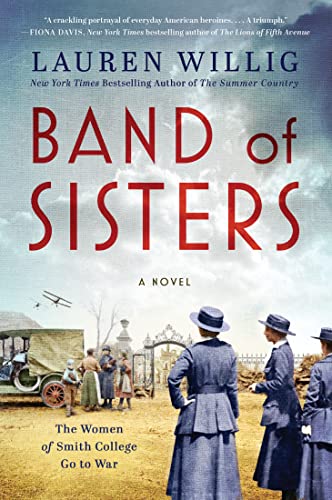
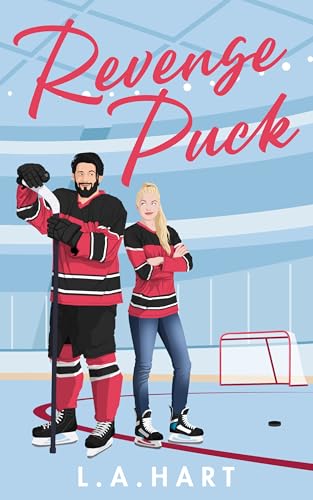
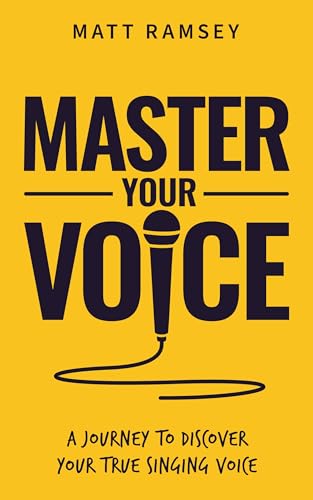
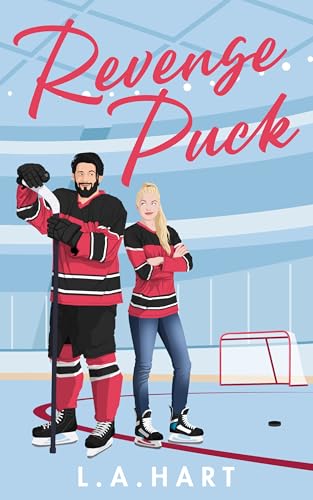
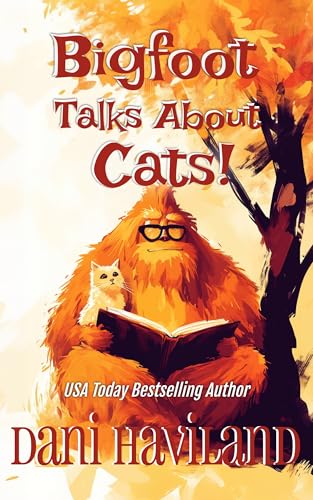
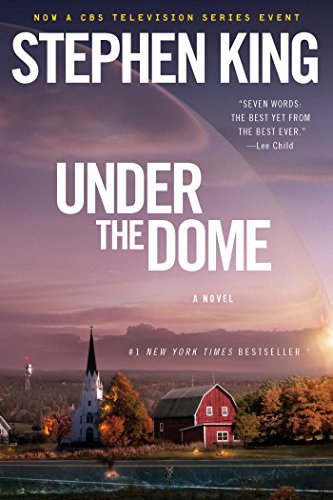
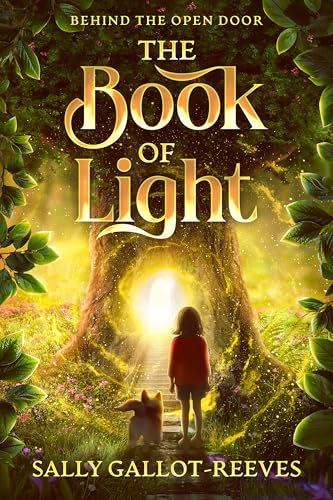

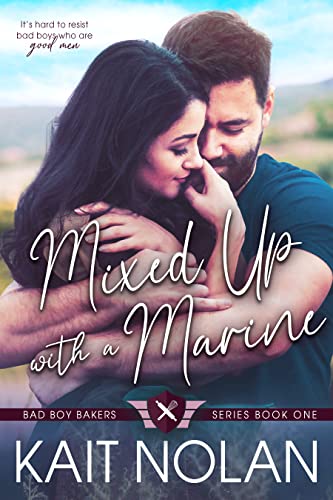
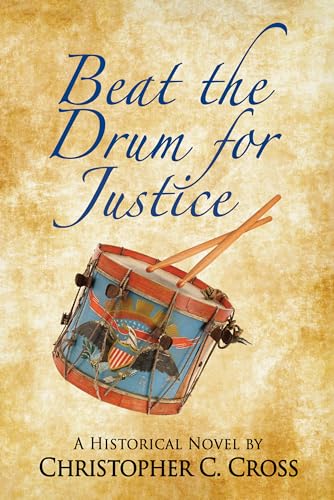
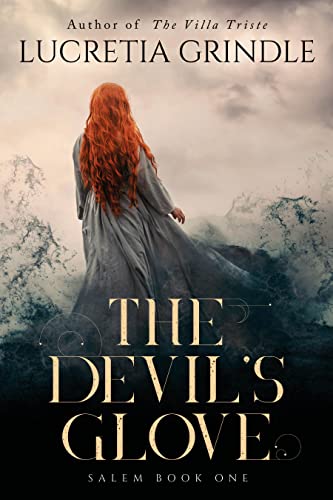
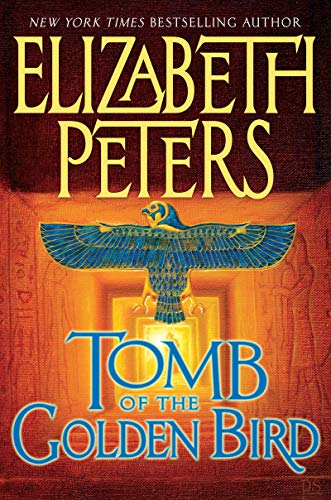



![Kind of Coping: An Illustrated Look at Life with Anxiety by [Wilson, Maureen Marzi]](https://images-na.ssl-images-amazon.com/images/I/51Ytu0oBAkL.jpg)
![Just Peachy: Comics About Depression, Anxiety, Love, and Finding the Humor in Being Sad by [Chisholm, Holly]](https://images-na.ssl-images-amazon.com/images/I/51vD%2BSVQxAL.jpg)
![Anxiety is Really Strange (...is Really Strange) by [Haines, Steve]](https://images-na.ssl-images-amazon.com/images/I/51s0rbgW%2B4L.jpg)




